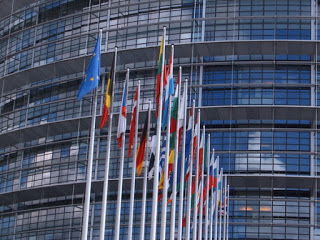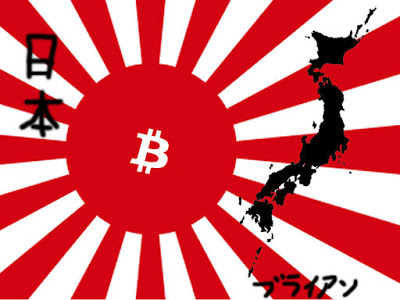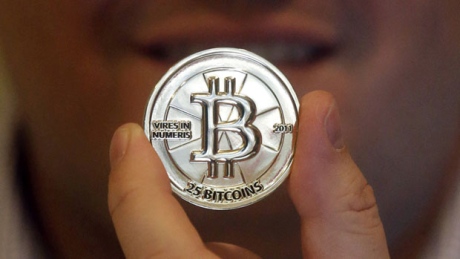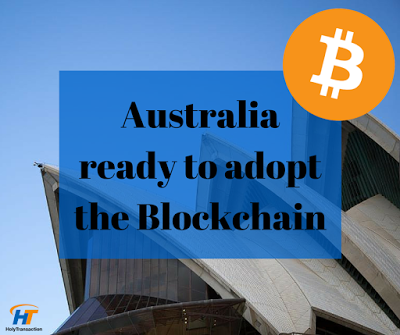week saw the outing (or not) of Satoshi Nakamoto, Bitcoin’s alleged
inventor, who is said to have abruptly disappeared from the online
forums he was known to frequent in Bitcoin’s early days. Though the man
alleged to be Nakamoto, who was living under a different name in the
United States, denied involvement with Bitcoin, Newsweek, the
publication that broke the story, stands behind their work. The early
response from the online Bitcoin community could best be described as a
low grade form of moral outrage, combined with a dash of horror. What
seems to have upset Bitcoiners most is the fact that a media outlet was
able to identify and publicly name a person who clearly was not
interested in being identified, using little more than public
information and basic detective work. To the extent that the majority of
crypto enthusiasts value privacy, if not anonymity, the Satoshi
Nakamoto affair does not bode well.
support for US customers due to an “increasingly hostile” regulatory
environment. The exchange, which connects users with others looking to
trade crypto currencies for fiat currencies, claimed to be facing
considerable difficulties complying with FinCEN’s anti-money laundering
rules, not the least of which was FinCEN’s policy disallowing the filing
of paper reports by money service businesses and the seeming
incompatibility of the online reporting system with foreign businesses.
The decision to abandon the US market entirely seems to be a fairly
drastic response to US law, which could rightly be described as overly
complicated. Vault of Satoshi is neither the first nor the only non-US
based company to face US regulatory requirements, so it isn’t clear why
it seems to be having unusual difficulty in this area. The company’s
Bitcoin to US dollar volume on Friday stood at 280 coins as of 5:00 PM
CST, compared to 314 for Bitcoin to Canadian dollars. Under the new
policy, US traders will be unable to deposit or withdraw cash from the
exchange, but will be permitted to trade coins.
as the result of a hack induced theft and would have no choice but to
cease operations. The exchange lost an estimated $500,000 worth of coins
in its hot wallet, but a spokesman said that customer coins in cold
storage would be returned to their owners. Flexcoin referred to its
terms of service, reminding its customers that they agreed not to hold
Flexcoin liable for theft, while informing everyone else that they were
out of luck. The operative verbiage states that “Flexcoin is not
responsible for insuring any bitcoins stored in the Flexcoin system.”
Whether this will be sufficient to ward off civil liability remains to
be seen.
a plan to apply value added taxes to mined bitcoins and Bitcoin
exchange transactions. However, the treasury maintained in a brief
delivered to British lawmakers that the 20% VAT still applies to goods
and services purchased with bitcoins, just the same as it would if those
same goods and services were purchased with Pounds. After a careful
review, HM Treasury was more likely to have discovered the near
impossibility of taxing Bitcoin at the point of exchange or the point of
creation, than to have determined that it falls outside the scope of
transactions subject to the tax. Merchants, on the other hand, are
already accustomed to collecting VAT and equipped with the
infrastructure both to report it and to comply with the audit
requirements of the British government. The UK has developed a
reputation in the Bitcoin community of late for being comparatively
friendly to crypto currency from a regulatory standpoint and more
accessible than US regulators.
all Bitcoin transactions. The Vietnamese central bank announced the
policy, citing Bitcoin’s alleged role in promoting money laundering and
other criminal activity. The bank did not specify how the ban would be
enforced or what the penalties for non-compliance would be. The
Vietnamese government maintains restrictive capital controls (ostensibly
to protect the Dong against speculators), that Bitcoin could be used to
subvert. Few exchanges offer the ability to convert from Bitcoin to the
Vietnamese Dong. However, other currencies, such as the US dollar, are
in common use on Vietnam’s streets, especially in urban centers.
that it will not attempt to regulate Bitcoin transactions carried out
within its borders on the grounds that bitcoins are not considered a
currency. However, Japanese banks will be prohibited from buying or
selling bitcoins. The Japanese government also clarified that it intends
to treat Bitcoin as a commodity and subject it to the applicable
taxation regime. Japan is the home of Mt. Gox, the collapsed Bitcoin
exchange which is currently the subject of a bankruptcy filing in that
country, along with at least one criminal probe and numerous civil
suits.








